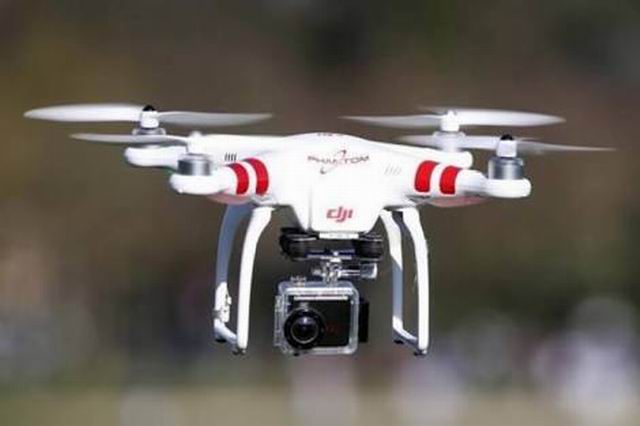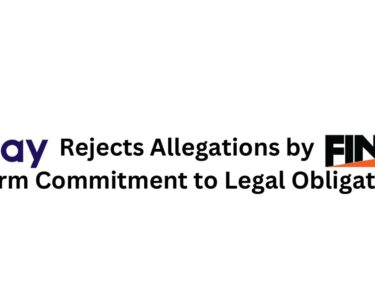Defence Minister Marise Payne has suggested that the Australian Defence Force may have resumed using Chinese manufactured drones in “unclassified situations “.
On a visit to Washington D.C. on Thursday night, she also said,
“Following the decision of the US Army, we reviewed our own use of those particular articles and paused our use of them for a while”.
And said it to found comfortable using their drones in the unclassified situation following the review.
While answering a question about the use of DJI drones in classified situations she claimed to be aware of the cyber threat and to be careful in case of using them.
She also said to be completely vigilant on those issues due to the work of their information warfare specialists and Australian Cyber Security Centre
However, Chinese drone-maker DJI later called on the Australian Defence Force to contact them directly over any cybersecurity concerns after it was revealed it grounded their drones the previous month.
On Thursday The Australian reported that the ADF had implemented a two-week suspension of its drone fleet. The fleet included one built by Da-Jiang Innovations Technology and it was a “risk assessment”.
DJI had not heard from the ADF about their concerns but their customers’ security was their priority.

According to a company spokesman DJI is ready to support the ADF’s assessment and it welcomes the ADF to contact DJI directly for any kind of inquiries into their technology.
While responding to the questions from The Australian, spokesman for the Department of Defence told about the implementation of two-week suspension of the drones while a “risk assessment” is being conducted.
The spokesman also said that this year on 9th of August after Defence became aware of the actions of the US Army and the use of all commercial off-the-shelf USA was suspended until a formal assessment of the cyber risk that was presented by these systems could be conducted.
And the flight operations recommenced on 21st of 2017, after the completion of the risk assessment. The risk assessment led to the development of revised operating procedures for commercial off-the-shelf unmanned aerial systems
Tom Uren, a visitor at the Australian Strategic Policy Institute’s cyber policy centre seconded from the Australian Department of Defence says that the drone makers are likely changing their devices remotely to incorporate malicious features.
He writes in a blog post, “DJI drones retain some level of control over drones even after you’ve bought them. Even if a drone is operating exactly as we expect it should now, it could be updated to incorporate features we wouldn’t necessarily like in the future,”
He also warned about the risks that include leaking of information revealing tactics, procedures, and locations or the devices that are not working accurately or not in a tactical conflict.
DJI claims its drones not to be for military purposes as they are not manufactured to market to the armies.
On 14th of August when DJI was responding to US Army concerns, DJI announced the development of its new offline mode that stopped internet traffic to and from its flight control apps.




